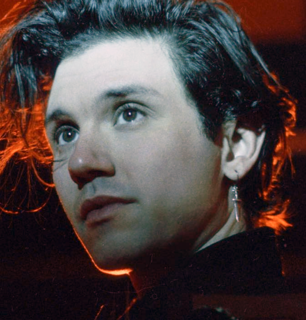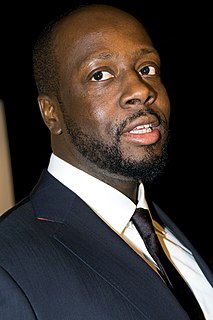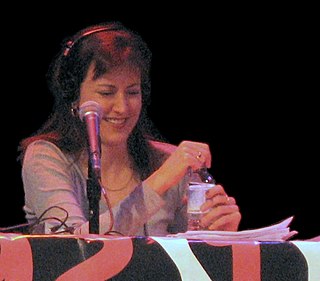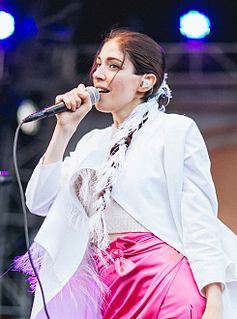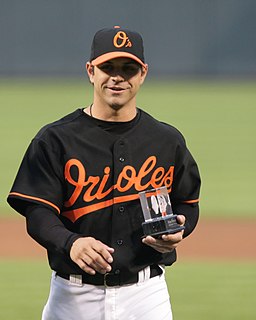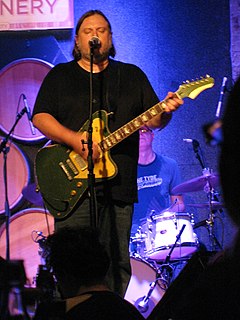A Quote by Al Franken
Yeah, but you need an experienced radio veteran who is a liberal advocate. And there just hadn't been any radio that did that. And so they weren't trained - they had developed all these bad habits of being objective and balanced and stuff like that.
Related Quotes
To be honest, the search for a label was really weird, because some of the labels that you wouldn't expect to care about stuff like radio formats were the ones that did care. They were like, 'Yeah, we love this record, but what are we going to play on the radio?' And I was like, 'You don't have bands on the radio.'
My father being a Caribbean minister, one day I stole the radio. The radio that I stole, I took it to school, showing off how big this boom box was and how bad I was at the time. Once my father figured out where I left the radio, he then got his belt and he walked me, he beat me all the way to where I had hid the radio, and with the boom box.
When my generation, those early days of television - I know I've been thinking about this lately - my two flashes of me as a little boy. One, I'm standing in front of the radio freaking out that Nat King Cole's singing 'Lady of Spain', just this stuff coming out of the radio, and Guy Williams singing 'Wild Horses' coming out of the radio.

